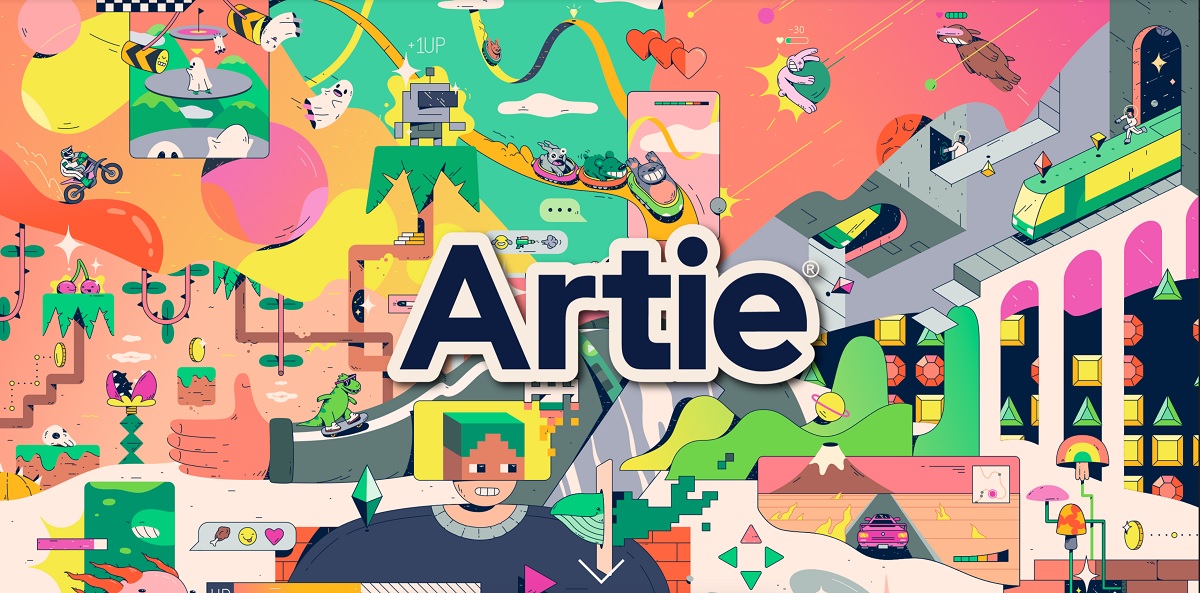Artie has raised $10 million to make instant mobile games that can be played directly inside social media, video, and messaging platforms in a way that bypasses the app stores that take their 30% cut of game revenues.
Artie started its life as a platform to make intelligent augmented reality avatars. But AR hasn’t blossomed as quickly as expected, and so the company has pivoted from making digital AR avatars to making instant games with its cartoon-style avatars. And since these games can be played natively in social apps, message systems, or video platforms without any additional app downloads, they eliminate the need for apps.

Unlock premium content and VIP community perks with GB M A X!
Join now to enjoy our free and premium membership perks.
![]()

![]()